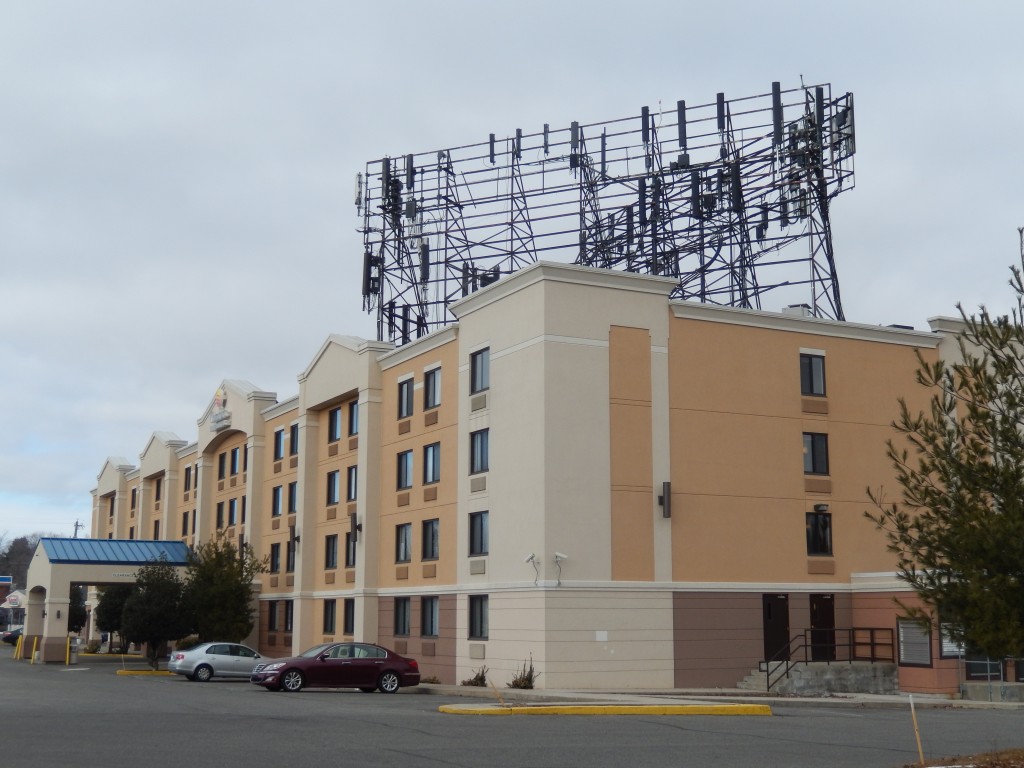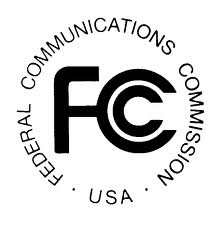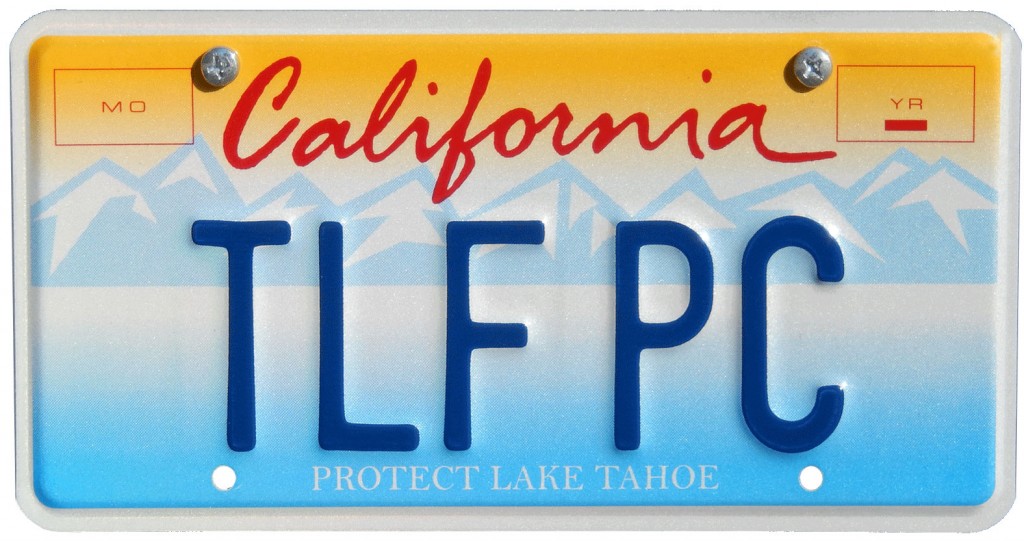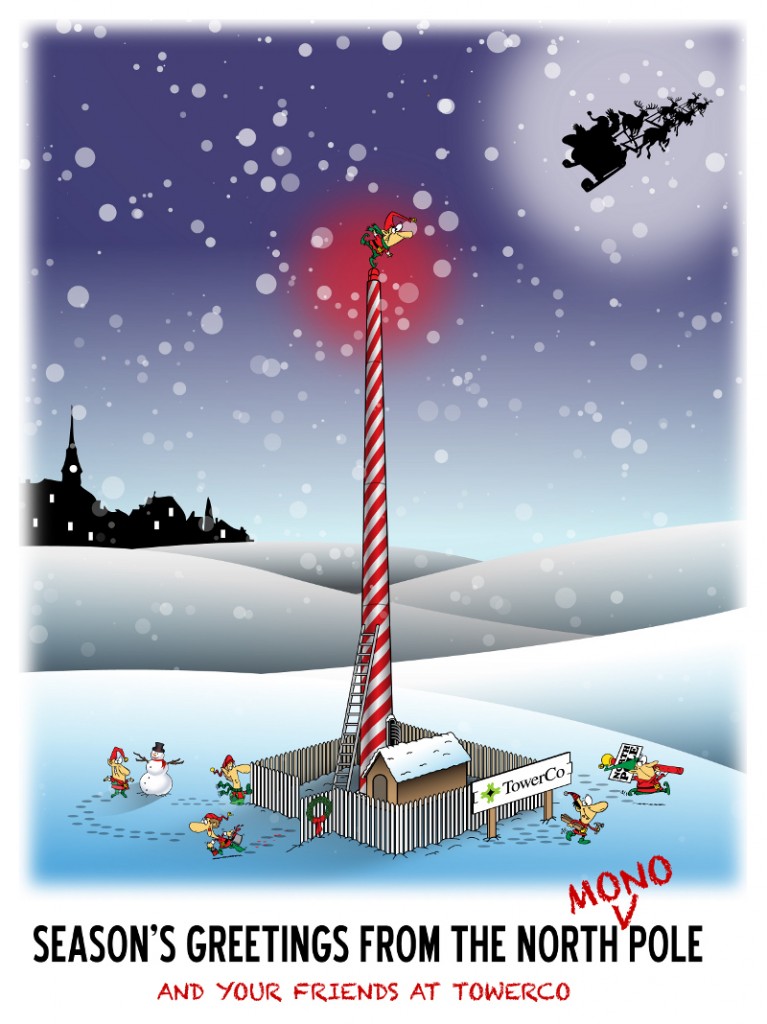 This is a bit off of my usual topics, but I think this is something that is likely to be of interest to many of you.
This is a bit off of my usual topics, but I think this is something that is likely to be of interest to many of you.
HostedNumbers is the telephone service provider we use to secure local telephone numbers in various area codes where we want a virtual local presence. This allows callers in those selected area codes to call us on a local number rather than using a toll-free or long-distance number, yet have the number ring to our own office phone system based in Los Angeles. We’ve been using HostedNumbers for about 2 1/2 years.
Let me explain how we use HostedNumbers. Telecom Law Firm has attorneys licensed in California, Florida and New Mexico. We also have two physical offices (Los Angeles and La Jolla). HostedNumbers assigns us a local telephone number in the area code and city of our choice. Because we have a San Diego office, we had HostedNumbers assign us a 619 area code number (the number is (619) 272-6200). When someone calls that 619 number, HostedNumbers automatically forwards the call to Tripp May’s Telecom Law Firm direct line (310-405-7340). Similarly, we have a 505 area code number (New Mexico) that automatically forwards to my desk phone since I’m licensed in that state as well as in California. As Natalia Shparber is licensed in Florida, as well as in California, we have HostedNumbers forward a local Florida telephone number directly to her desk phone here in Los Angeles.
HostedNumbers costs about $5.00 per month, plus about a nickle per minute for that forwarding, which also includes CallerID forwarding. That’s what you’d expect to pay for a toll-free number. The difference, which I discussed above, is the local number aspect.
Did you notice that Tripp’s local San Diego number, (619) 272-6200 is a great number? Well, Natalia’s Florida number is (850) 336-6200. My New Mexico number is (505) 428-9900. Our Northern California number is (415) 887-1200. Are you seeing a pattern here? Yes, all of the numbers really scream ‘business’ ending in “00”. HostedNumbers lets you select the number you want from their list of available numbers in a particular area code and/or city. Why pick a remote number like 790-251-5982 when you can find a much more business-like number ending in -xx00 or -1234 (or even a good ‘word number’ like 222-5388, which spells “Cable TV”).
The web interface control panel at HostedNumbers is easy to use, and provides updated account usage records by telephone number on the fly. It has improved several times since we signed on with their service.
Finally. . .and this is no BS. . .HostedNumbers customer service (answered 24/7 by live people) is nothing less than outstanding. Really, I’m not kidding: outstanding. That’s why when HostedNumbers contacted me last year to provide a testimonial for their website, I set aside my basic practice of no endorsements to gladly endorse them. See http://www.hostednumbers.com/success-stories/legal/.
If you want to have a business presence away from your main location, or have pin-point marketing, you’ll be well served by visiting http://www.hostednumbers.com. Oh, yes, you can call them, too: 1-800-300-9525. Ask for Pat. (Naw, don’t worry about that…it’s an inside joke.)
Jonathan




